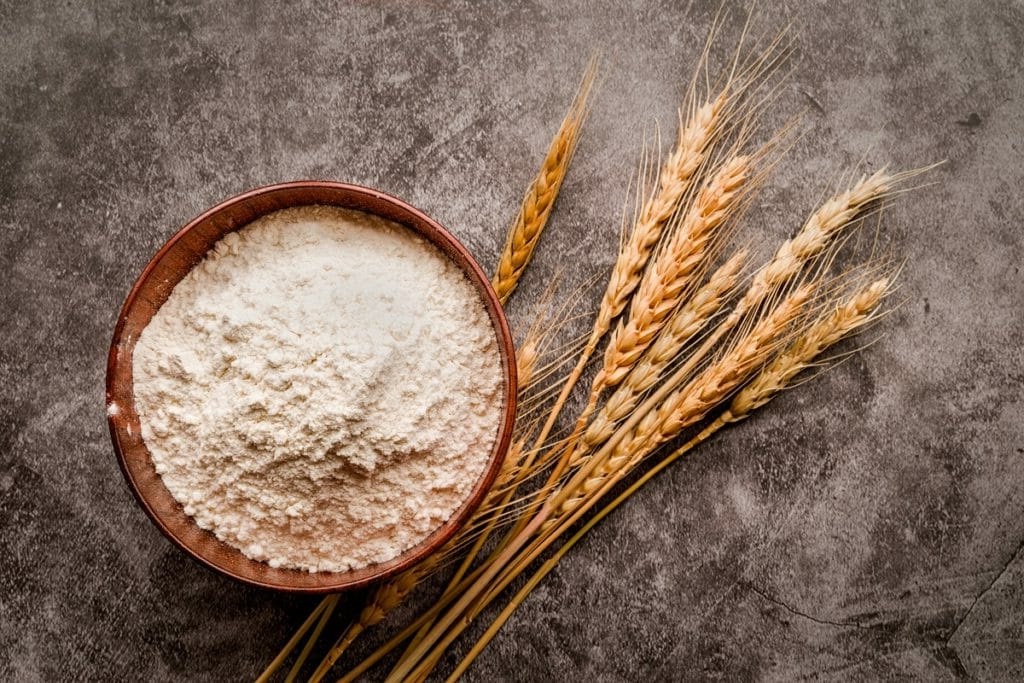India allows wheat flour exports under advance authorisation scheme

The government on Friday allowed exports of wheat flour under the advance authorisation scheme and by export oriented units and firms in special economic zones. Export oriented units and those operating from special economic zones can export only that wheat flour which is produced from imported wheat and not procured from the domestic market, the Directorate General of Foreign Trade (DGFT) said in a notification.
Wheat processors had earlier approached the government seeking permission for wheat import under the advance authorisation scheme, so that they can export value-added products.
An advance authorisation scheme allows duty-free import of inputs, which have to be mandatorily used in products that are required to be exported within a specified time. They are not allowed to sell the products in the domestic market.
A notification dated August 27 was amended “to the extent that export of wheat flour will be allowed against advance authorisation, and by export oriented units and units in SEZs, to be produced from imported wheat and without procurement of domestic wheat”, the DGFT said.
It said that export of wheat flour by 100 per cent export oriented units and units in the SEZs will be subject to pre-import of wheat conditions.
“The wheat flour will have to be exported within 180 days from the date of import of the wheat consignment. The import shall be subject to actual user conditions and transfer of imported raw material, for any purpose including job work, shall not be permitted,” it added.
Procurement of domestic wheat for the purpose of export of wheat flour will not be allowed, the notification said.
It added that the entire production of the milling process has to be exported and no remnants will be allowed to be retained in the country, except the wastage approved by a norms committee.
“At the time of export, the bill of entry of imported wheat will be produced before the customs authorities and only on verification of the same export will be allowed,” the notification said.
On May 13, India banned wheat exports in a bid to check high prices amid concerns of wheat output being hit by a scorching heat wave.
In August, the government also prohibited exports of wheat flour, maida, semolina and wholemeal aata with a view to curb rising prices.
India’s wheat exports stood at an all-time high of 7 million tonnes, valuing USD 2.05 billion, in 2021-22 fiscal on better demand for Indian wheat from overseas. Of the total wheat exports, around 50 per cent of shipments were exported to Bangladesh in the last fiscal.
Russia and Ukraine are the major exporters of wheat, accounting for around one-fourth of the global wheat trade. The war between the two countries has led to global wheat supply chain disruptions, thus increasing the demand for Indian wheat.
Wheat flour exports from India have registered a growth of 200 per cent during April-July 2022 compared to the corresponding period of 2021.
As per the government estimates, wheat production is estimated to have declined to 106.84 million tonnes in the 2021-22 crop year (July-June) against 109.59 million tonnes in the previous year.
Wheat is grown only in winters.
Read also
Join with the EARLY RATE – 22 International Conference BLACK SEA GRAIN.EUROP...
Brazil sugar output decreased by 23% — Unica
Algeria imposes a complete ban on durum wheat imports in 2025
Weather in Brazil and Argentina remains favorable for the future harvest of soybea...
Ukrainian flour exports are 35% behind last year’s volumes
Write to us
Our manager will contact you soon



